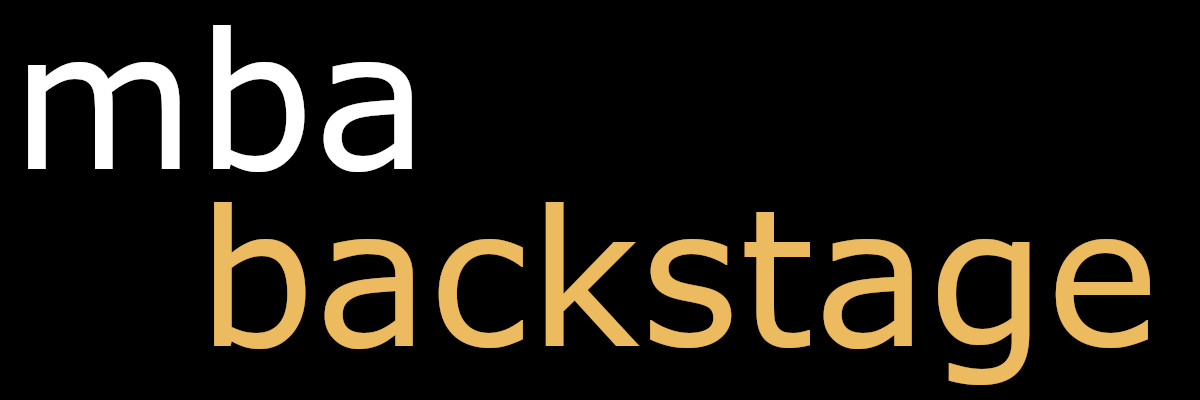Why you’ll have to wait for your post-MBA dream job

Why your first post-MBA position will suck after a while
If you were to do an anonymous survey among MBA graduates one year after leaving school, most would admit to not being satisfied with their first post-MBA role. In fact a lot of them may have already switched, if they had the opportunity.
You need to face reality – your first position will not be your dream job. It will take you several stepping stones to get to that. This is not just about managing expectations. The MBA will encourage you to think as world leaders, but you can’t just arrive in any company and expect to be treated as such. You’ll need to prove yourself. But there are also fundamental reasons why most post-MBA jobs will not bring you satisfaction…
If you think about it, 80-90% of graduates from top MBAs are “generic” profiles to an employer. Of course, every employer likes to know how you are different and hear your story about how you fit with the company culture etc., but generally your pre-MBA skills are “nice to haves” rather than essential requirements for the job. Why? Because most MBA jobs are exactly that – jobs for MBAs, i.e. they are a way of recruiting talented individuals into a role that requires flexibility and versatility, rather than hard skills or experience.
This has two fundamental consequences for a MBAs occupying “generic MBA roles”.
- MBAs will not be able to spend most of their time doing what they like most, because the role is typically a versatile one requiring to do a bit of everything.
- MBAs will not feel fully valued, given that the company will not value the person’s non-MBA skillset and treat them a bit like commodities (albeit expensive ones).
If you add to this the fact that most MBA jobs require long hours to pay for the high salaries, you get why job satisfaction is so low.
But what about the other 10-20% of non generic-MBA roles graduates get? The issue with those roles is that they are typically in companies that don’t value MBAs, especially outside the U.S. People are recruited more for their pre-MBA experience than their actual MBA, which again means that the position will come with some frustrations.
What about roles that value both MBA and pre-MBA skills? Graduates who occupy them are usually pretty happy, but unfortunately these positions are rare, especially outside the U.S.
People with pre-MBA marketing experience may be able to find a post-MBA job in marketing that values both the MBA and the pre-MBA skillset. The same applies to some specific career paths such as civil engineering, mining, etc. But even in this case, if you gained that experience in another company it’s highly likely that they will not value it completely, because every company is different and has a slightly different way of doing things.
Why don’t people change?
MBA graduates are often locked in financially, with a significant loan to pay back and therefore have to stick with a lucrative job at least for a while. Often these companies will require you to pay back (at least partially) your sign-on bonus if you leave before a certain date.
Just like in any career path, leaving your job soon after arriving is risky. It looks bad for recruiters, future potential employers and also your friends/family who have been listening to you bragging on how doing an MBA was the greatest decision of your life.
It’s also very difficult to find the next step when you’re working really hard. Any spare time you do have, you’ll want to spend it relaxing with friends or splashing any spare post-MBA cash you have left.
What about the 2nd post-MBA position?
Second positions generally bring much higher job satisfaction, but are nonetheless still stepping stones to greater things. This is the position where you’ll start to develop some industry specific skills. Some typical second positions include:
- Strategy team roles in a corporate company
- Business development roles
- Private Equity mid-level roles
These are all roles that value a combination of generic skillsets and industry expertise, but the entry requirements for industry experience are generally lower since that can be learnt on the job.
Second MBA roles are also generally more “decision-supporting” roles rather than “decision-making”, i.e. you will be preparing supporting evidence for other people to make decisions rather than making them yourself.
These roles will however allow you to deepen any industry experience that you may have, to potentially then move to a role that is more focused, with more responsibility etc.
Of course, here we’re talking about the mainstream MBA job careers and exceptions always apply. If you go down the operations/entrepreneurial route you will have a completely different experience, and typically you will be mixed in with non-MBAs.

0 Comments